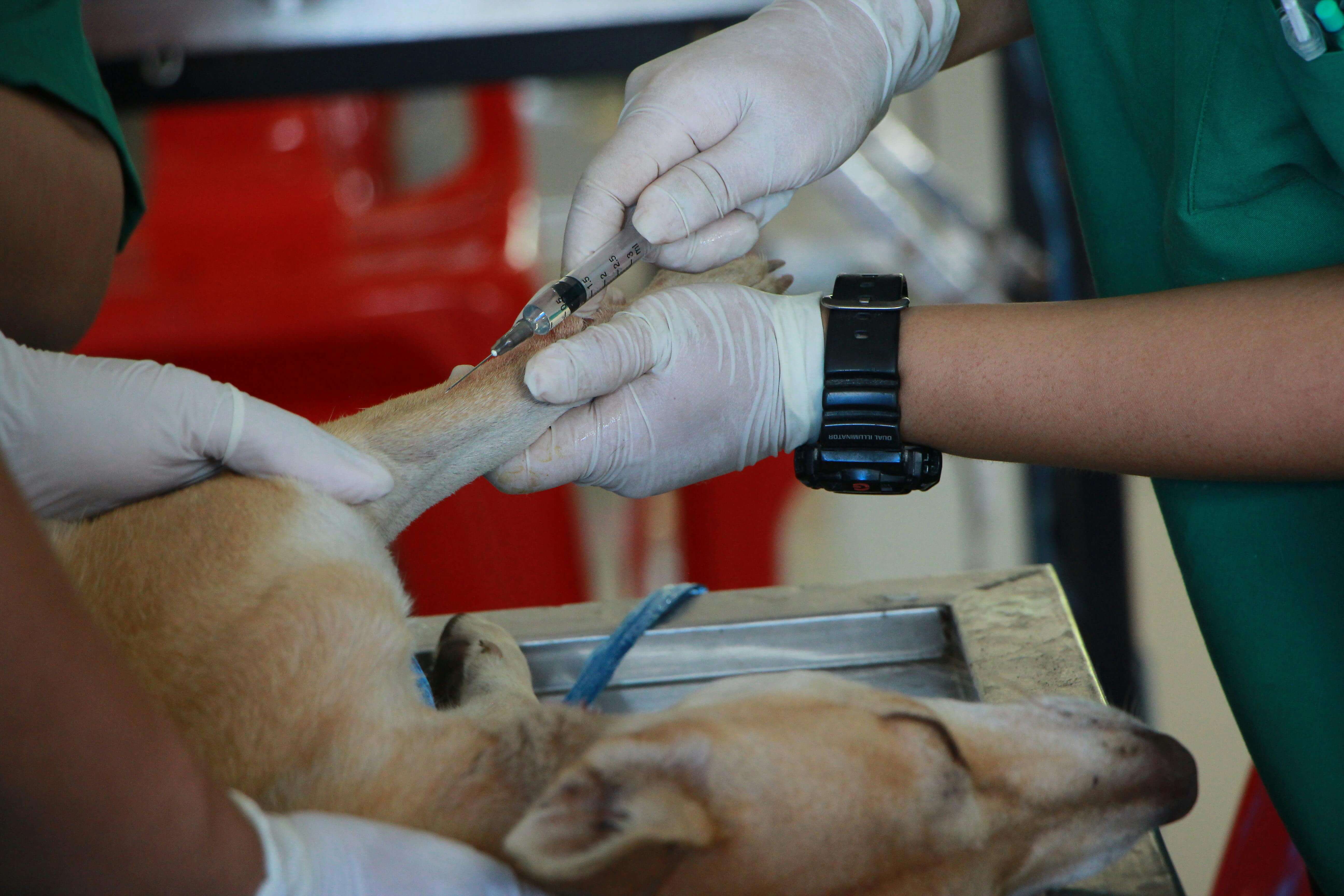Why Healthcare Businesses Qualify Easily for Funding Healthcare business loans are among the most ac...

Lorem ipsum dolor sit amet, consectetur adipiscing elit.

Why Healthcare Businesses Qualify Easily for Funding Healthcare business loans are among the most ac...

Veterinary Practice Financing: A Complete Guide for Modern Clinics Veterinary practice financing pla...

Leasing vs Buying Diagnostic Equipment: A Complete Guide for Medical Practices Deciding between leas...

How Dentists Finance New Practices Opening a dental practice is a major professional milestone—and a...

SBA Loans for Clinics and Hospitals: A Complete Financing Guide for Healthcare Providers Healthcare ...

How Medical Practices Use Working Capital Loans Medical practices operate in a uniquely complex fina...

Business Loans for Healthcare Companies: A Complete Financing Guide for Medical Providers Healthcare...

How Fintech Companies Use Debt Financing Fintech debt financing has become one of the most important...

Alternative Funding for Technology Businesses: Smarter Ways to Finance Innovation Technology compani...

Why Venture Debt Differs From Loans For founders and finance leaders navigating growth-stage funding...

Tech Startup Loan Success: A Real-World Case Study With Crestmont Capital Securing a tech startup lo...

IT Equipment Leasing for IT Infrastructure: A Smarter Way to Scale Technology Modern businesses run ...
Lorem ipsum dolor sit amet, consectetur adipiscing elit, sed do eiusmod tempor incididunt ut labore et dolore magna aliqua.